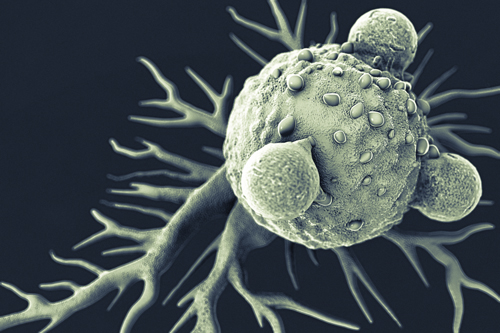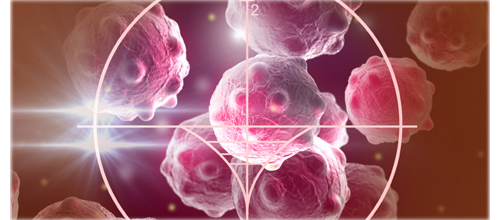What’s Next for CAR T-Cell Therapy?
Top issues for researchers and clinicians utilizing CAR T-cell therapy include:
- Shortening the manufacturing time and vein-to-vein time, scaling productivity, managing side effects, and improving patient outcomes.
- Expanding the patient population to be able to treat larger populations in need of CAR T.
- Extending treatment on a more local or regional hospital level, instead of at distant or out-of-state academic research centers.
- Educating healthcare providers and patients on this novel and complicated cancer treatment.
- In addition to CD19, defining additional tumor antigens for CAR T-cell receptors.
In fact, new CAR T cell tumor antigens are already under research. In August 2017, Kite Pharma announced the submission of an Investigational New Drug (IND) application to initiate a Phase 1 trial of KITE-585, a CAR-T cell therapy engineered to target B-cell maturation antigen (BCMA) in patients with relapsed or refractory multiple myeloma. Multiple myeloma is a blood cancer formed by plasma cells in bone marrow and is predicted to cause over 12,000 deaths in 2017.
BCMA is expressed on the surface of malignant plasma cells in most patients with multiple myeloma, and is also found on normal plasma cells and certain mature B-cell lineage cells but is absent from other tissues. KITE-585 contains a receptor derived from a fully human monoclonal antibody and a CD28 costimulatory domain intended for optimized T-cell expansion and function. In preclinical studies, KITE-585 demonstrated activity across a range of low and high BCMA expressing targets.
Learn More: CAR T-Cell Therapy: A Healthcare Professional’s Guide – The Top 10 Questions Answered
The Future: “Off-the-Shelf” T-Cell Therapies
Allogenic CAR T-cell production, otherwise known as “off-the-shelf” or “universal” T-cell therapy, is under investigation. Creating a universal CAR T agent could help avoid the lengthy and sometimes dangerous time period from apheresis of T cells to re-infusion, which can be weeks. Some patients are too sick to withstand this long time period until re-infusion. In fact, some patients cannot tolerate apheresis at all.
As reported by Kite Pharma in July 2016 and April 2017, they have partnered with the University of California Los Angeles (UCLA) to advance the technology needed to develop “off-the-shelf” allogenic T-cell therapies.
Research, led by Gay Crooks, MD at UCLA, involves an artificial thymic organoid (ATO) cell culture system that replicates the differentiation of T-cells ex vivo. The ATO system potentially can support the “efficient and scalable production of T-cells using pluripotent stem cell lines capable of indefinite self-renewal.” Pluripotent stem cells have the ability to differentiate into many different cell types, including T-cells. In addition, technology to include chimeric antigen receptors, T-cell receptors, and other gene modifications can be incorporated into the T-cells. Kite holds the exclusive license to the ATO cell technology from UCLA.
According to Kite, the commercial-scale production of T-cells via culture in vivo have been hindered by low output of T-cells and donor-to-donor variability. However, it still remains to be seen if allogeneic “off-the-shelf” T-cell products will be as robust as autologous CAR T-cell therapies. Research in this area will continue at a fast pace.
In addition, the use of natural killer (NK) cells are under study at MD Anderson in Houston. CAR NK cell studies are targeting acute lymphoblastic leukemia, chronic lymphocytic leukemia, and non-Hodgkin lymphoma, but could potentially be used for other cancers, including solid tumors. Creating a bank of allogeneic NK cells could be an advantage for patients who cannot wait for the creation of personalized therapy from their own T-cells, and greatly lower the risk for graft-versus-host disease (GVHD) that can be seen with allogeneic T-cells.
Learn More: CAR T-Cell Therapy: A Healthcare Professional’s Guide – Commercialization



